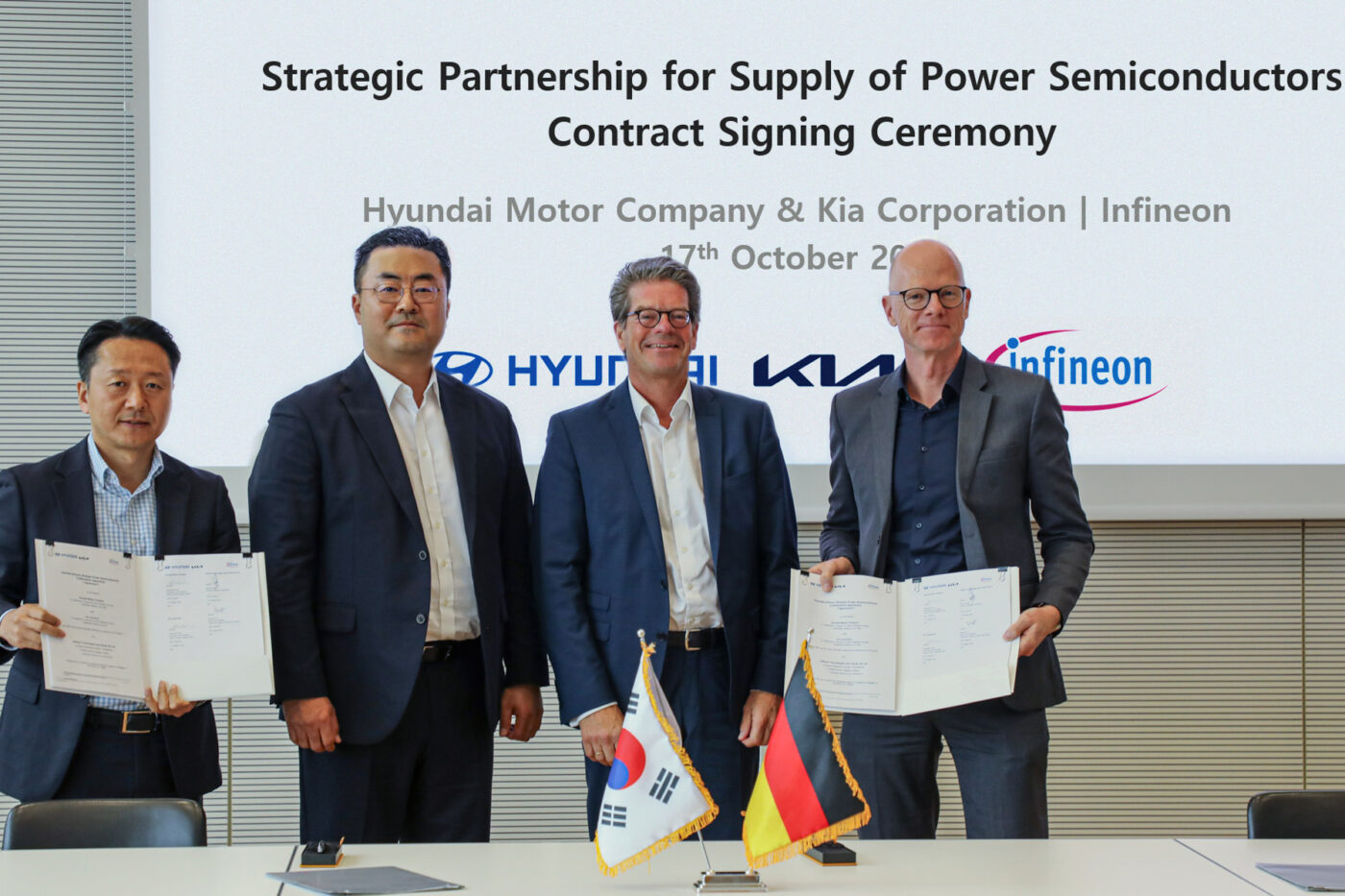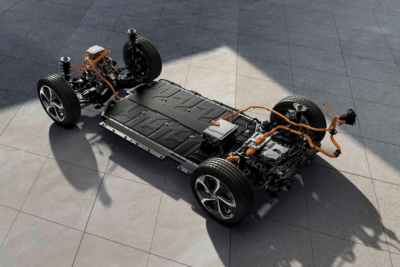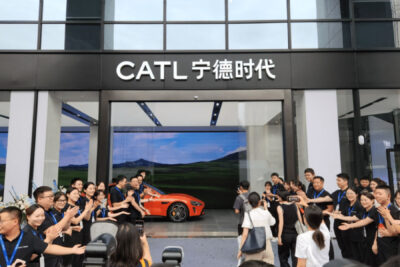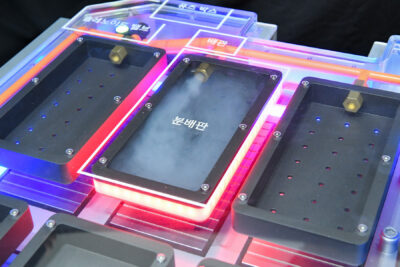Hyundai and Kia purchase semiconductors from Infineon
According to the German company, Korea’s primary carmakers will support capacity build-up and reservation with financial contributions. Infineon does not specify how far. However, the DAX-listed company refers to the “significant expansion of its Kulim fab”. Infineon reportedly plans to build the world’s largest 200-millimetre SiC production facility for power semiconductors in Malaysia.
It is unclear which models or platforms Hyundai Motor Group intends to install Infineon’s semiconductors. However, it will not only be battery-electric models; the components shall “improve the performance of electrified vehicles, including all-electric, hybrid and plug-in hybrid models”. Agreed unit numbers or financial details of the deal have yet to be disclosed. Hyundai points to its own sales targets of two million electric cars in 2030 for the Hyundai brand and 1.6 million units for Kia – but when it comes to supplying semiconductors, Hyundai Motor Group works with several suppliers, such as Onsemi and STMicroelectronis.
With power semiconductors made of silicon carbide (SiC) and silicon (Si), the Koreans have secured access to two different technologies. SiC semiconductors are significantly more efficient, which, in the sum of several factors, leads to a longer range and potentially higher performance. However, SiC semiconductors are more expensive and tend to be used in high-priced models. Silicon-based semiconductors are cheaper and, therefore, more suitable for affordable vehicles.
In its statement, Hyundai emphasised the two companies’ shared history. “The agreement builds on the two parties’ long-standing cooperation in sensor components since the early 2000s. Infineon began supplying the companies with power semiconductors in the mid-2000s, and both parties operated a joint research centre to optimise vehicle electrical performance between 2007 and 2020,” it says.
“Infineon stands as a valued strategic partner, boasting steadfast production capabilities and distinct technological prowess within the power semiconductor market,” said Heung Soo Kim, Executive Vice President at Hyundai Motor Group. “This partnership not only empowers Hyundai Motor and Kia to stabilize its semiconductor supply but also positions us to solidify our leadership in the global EV market, underpinned by our competitive product lineups.”
“The future car will be clean, safe and smart, and semiconductors are at the heart of this transformation. As a trusted partner, we are proud to advance our long-term partnership with Hyundai/Kia,” said Peter Schiefer, President of Infineon’s Automotive Division. “We contribute premium products of high quality, our system knowledge and application understanding combined with continued investments in manufacturing capacity to address the increasing demand for automotive power electronics.”





0 Comments